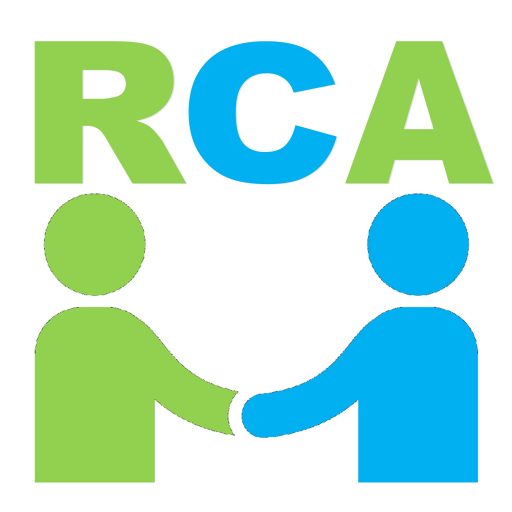PPBT – Protective Physical Behaviour TRAINING
Training can be tailored to the individual or as a standard package. Aimed at all kindergarten / child care / early learning / primary / secondary / university / tafe staff & parents who support children with or without a disability or mental ill health who may show behaviours of concern. In this workshop the following will be covered: positive behaviour support, proactive & reactive response to behaviours of concern, along with simple strategies on how to identify, prevent and manage behaviours in young people. Workshop will also involve practice scenarios, case studies which will enable participants to learn and work through the issues better.
